#apl
It's the final week to enter your submission to the APL Forge – the deadline is Monday 23 June 2024 at 12:00 UTC. This annual competition enhances awareness and usage of APL in the community at large by challenging participants to create innovative open-source libraries and commercial applications using Dyalog APL. For more information and to enter, see https://forge.dyalog.com
Congratulations Freddie de Sibert, Or Toledano, and Sumadithya Sreenivasa, winners of the 2025.1 round of the APL Challenge (our quarterly event aimed at newcomers to APL)! See https://www.dyalog.com/apl-challenge.htm for more information.
I’ve cycled back to being obsessed with BQN (the absolutely gorgeous array language with a fascinating implementation).
(And also Elm for some reason. I don’t even like web development, I just find Elm very clean.)
The 2025.2 round of the APL Challenge is live! This quarterly competition is open to everyone but is aimed at newcomers to APL. For more information and to enter, see https://challenge.dyalog.com/
On this day in 1983, at the APL83 conference in Washington D.C., the world was introduced to Dyalog v1.0!
Today we celebrate Dyalog reaching the milestone age that is the ultimate answer to Life, the Universe, and Everything!
After a large community effort, Code Golf (https://code.golf/) now supports unrestricted execution and answer checking for their growing list of problems in #APL (Dyalog APL). APL is listed in the "experimental" section of the supported languages list – once a sufficient number of people have submitted solutions, it will move to the main list of languages and get a leaderboard. Please help APL achieve this by exploring the site and submitting APL solutions. #Dyalog #DyalogAPL #CodeGolf
My first 14 days of #AdventOfCode this year - some days have been updated!
1: 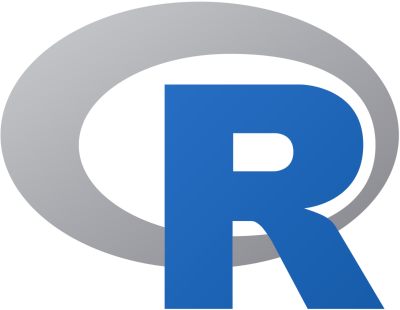 APL
APL 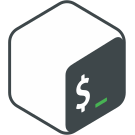
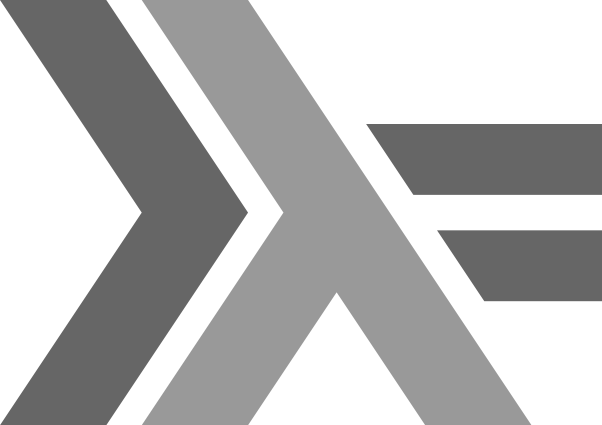
2: 
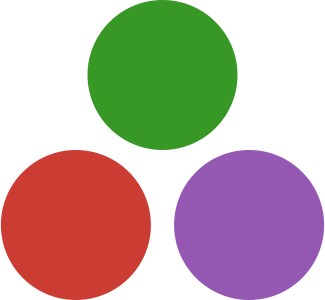

3: 
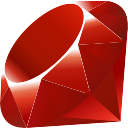 Uiua
Uiua 
4:  APL
APL
5: 

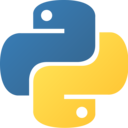

6: 

7: 

8:  APL
APL
9: 

10:  APL
APL
11: 


12: 
13:  APL
APL
14: 
#rstats #apl #haskell #julialang plus various others
Ampere WS-1: The Other APL Portable Computer - When thinking of home computers and their portable kin it’s easy to assume that al... - https://hackaday.com/2024/12/06/ampere-ws-1-the-other-apl-portable-computer/ #retrocomputing #amperews-1 #apl
#Finland seems to on it's way to reintroduce #apl (anti-personel landmine), this based on how #nazi #russia fights in #Ukraine
#MikkoSavola thinks the mines will be back 2027.
Source: https://yle.fi/a/74-20128708
I love how small the #ProgrammingLanguage / #compiler world is sometimes.
I was checking something on the grammar for #Smalltalk and its cascade construct and saw on the (original) C2 wiki that “Budd’s Little Smalltalk” ignored one of the odder corner cases of the cascade construct because it’s a pain to parse.
I go to Budd’s home page and it turns out it’s the same Budd who wrote the “An #APL Compiler” book that’s just a ton of fun.
Small world.
A Modern Take on an Old Language - Some old computer languages are destined to never die. They do, however, evolve. F... - https://hackaday.com/2024/08/16/a-modern-take-on-an-old-language/ #softwaredevelopment #retrocomputing #featured #history #apl
Bringing APL To The Masses: The History Of The IBM 5100 - The 1970s was a somewhat awkward phase for the computer industry — as hulking, roo... - https://hackaday.com/2023/12/19/bringing-apl-to-the-masses-the-history-of-the-ibm-5100/ #retrocomputing #history #ibm5100 #apl
Advent of Code day 3
I'm a long-time computer programmer living in #PalmSprings, California.
I actually programmed FORTRAN and COBOL professionally back in the day (sometimes on punch cards!), quickly followed by C on #UNIX in 1975, then C++, Java, #Scala, and currently #GoLang. I also like and have written quite a bit of #Clojure and #APL, though not for money.
I wrote up a story about my first #Scala experience here: https://mastodon.social/@tomchappell/109311684682010904
Still going strong -- back off, bugs.
